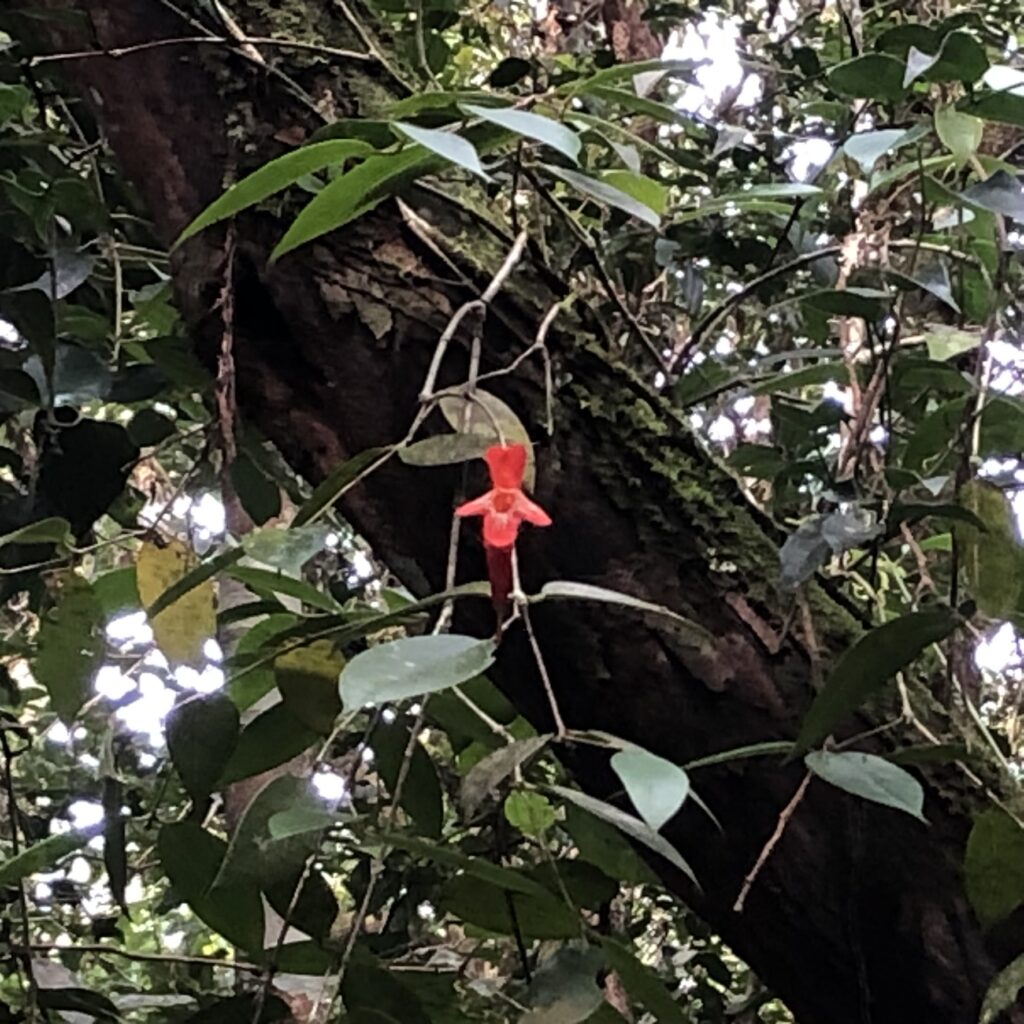
“The effective integration of field-awareness & single-pointedness enables us to become ‘mindful warriors’ in the face of our life challenges, able to pace ourselves patiently through our victories and defeats with grace and stamina”
Dear Integral Meditators,
This weeks article looks at how to integrate fundamental meditation methods into your daily life in a way that makes a real difference.. If you enjoy it, then do consider coming along live or online to this Tuesday & Wednesdays Integral Meditation class, where we will be taking it as our object of meditation.
This Saturday morning is thePsychic & Psychological Self-defence half day workshop . If you want to “Building your personal foundation of psychic positivity, resilience, self-esteem , energy and renewal”, then this is definitely the workshop for you!
In the spirit of the big & the focused picture,
Toby
Integrating field awareness & single-pointedness in daily life
Basic meditation technique has two main types of awareness:
Single-pointedness: When you are trying to narrow your focus onto one single thing, such as the breathing or a visualized object in your minds-eye
Field awareness: Where you are trying to take in the ‘big picture’ of all that is in your field of awareness, you are trying to observe it as a whole.
If you think about field awareness as like sitting on a balcony looking at a whole landscape, letting your eyes range across the totality of it. Then single pointedness is like zeroing in on a blade of grass, or a leaf, or a rock in the landscape, and staying with just that one thing.
In formal meditation you can train in one or the other in any given meditation, or you can combine them together. For example, in a 20-minute meditation you could do:
- Five minutes single-pointedness
- Five minutes field awareness
- Five minutes single-pointedness
- Five minutes field awareness
That would give you a pretty good ‘basic workout’!
However, these two practices really start to come into their own when you use them effectively in daily life. During your day you are trying to spend your time mostly either:
- Focusing on doing one thing or
- Panning back, taking in the big-picture, assessing and relaxing before you identify and zoom in on the next task single-pointedly
If you spend your day really working on this format, you will find it is very conducive to relaxed effective productivity, a healthy degree of peace of mind. It also helps you tend toward good/better decision-making skills.
Lost in the cracks
Much of our anxiety and stress inwardly speaking comes from being ‘lost’ in between focused and observational states. We are not particularly focused, we are thinking in an anxiously about a number of things in a personal, non-objective manner. In this state we are easily unbalanced, easily experience insecurity, and lack confidence in our capacity to guide ourself effectively and reliably through the day. Getting good at daily combining of field-awareness and single-pointedness is a recipe for confidence in getting through the day effectively, even when there are stresses and uncertainties tugging at the edges of our attention. We become ‘mindful warriors’ in the face of our life challenges, able to pace ourselves patiently through our victories and defeats with grace and stamina.
Related reading: Single-pointedness & going with the flow
Working samadhi – The way of the mindful warrior
© Toby Ouvry 2023, you are welcome to use or share this article, but please cite Toby as the source and include reference to his website www.tobyouvry.com
Integral Meditation Asia
Online Courses * 1:1 Coaching * Books * Live Workshops * Corporate Mindfulness Training *Life-Coaching * Meditation Technology
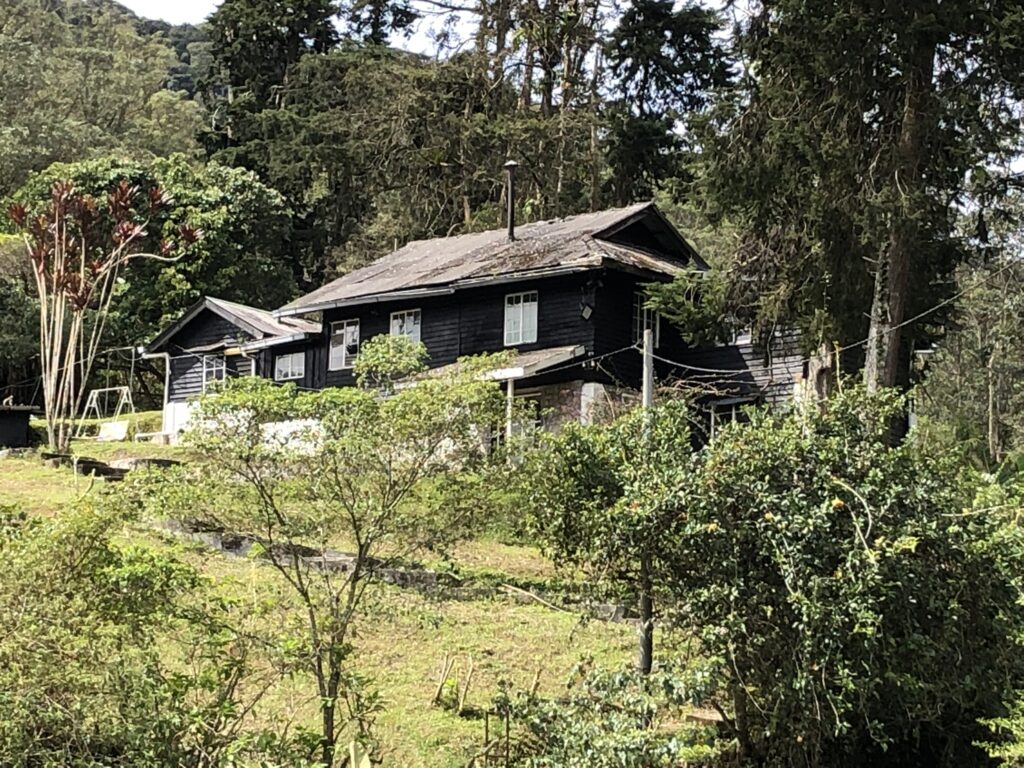
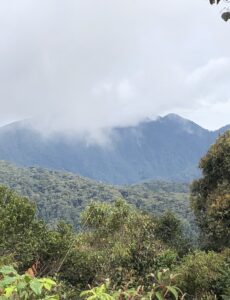 Dear Integral Meditators,
Dear Integral Meditators,


 Dear Integral Meditators,
Dear Integral Meditators,
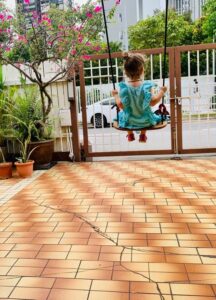 Dear Integral Meditators,
Dear Integral Meditators,

 Dear Integral Meditators,
Dear Integral Meditators,

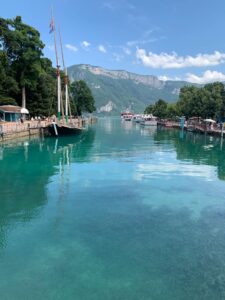 Dear Integral Meditators,
Dear Integral Meditators,
 Dear Integral Meditators,
Dear Integral Meditators, Dear Integral Meditators,
Dear Integral Meditators,
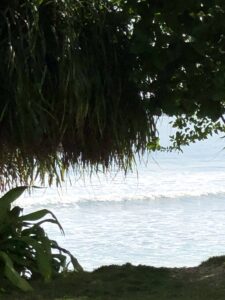 Dear Integral Meditators,
Dear Integral Meditators,